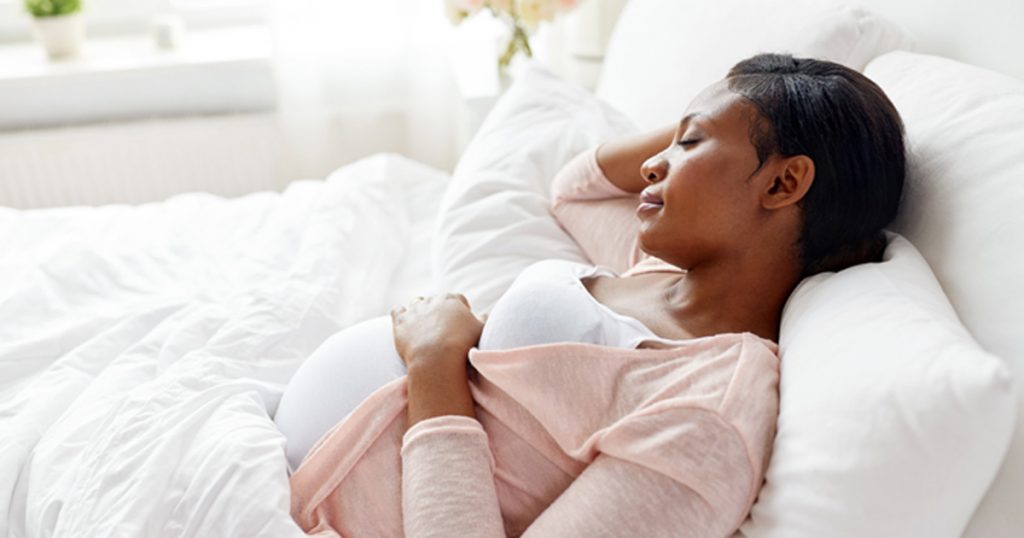February 01, 2022
2 min read
Disclosures: Frey reports no relevant financial disclosures. Please see the study for all other authors’ relevant financial disclosures.
Biological rhythm factors unrelated to sleep influenced severity of symptoms of depression and anxiety for the period around childbirth, per a Canadian longitudinal study published in the Journal of Clinical Psychiatry.
“Peripartum depression and anxiety have a negative impact on mothers, including worsened quality of life, relationship problems, social functioning, body image and self-confidence, and obstetric outcomes among others,” Anastasiya Slyepchenko, PhD, of the Women’s Health Concerns Clinic, St. Joseph’s Healthcare in Canada, and colleagues wrote. “Though a number of psychosocial and risk factors have been described for peripartum depression and anxiety, there are no reliable biological predictors of these peripartum psychiatric disorders.”

Slyepchenko and colleagues sought to examine whether sleep and biological rhythms, melatonin production and exposure to light from the latter stages of pregnancy to the postpartum stage were associated with symptoms of depression and anxiety in that same time frame.
The researchers recruited 100 women, aged 16 years and older, in their third trimester of pregnancy, with no prior history of head trauma involving loss of consciousness or current major manic or depressive episodes, from Ontario between November 2015 and May 2018. Mood at time of enrollment was assessed using the Mini-International Neuropsychiatric Interview, Version 6.0 and other clinical tools.
At baseline, and during follow-up intervals of 1 to 3 weeks following birth and again at 6 to 12 weeks, participants were asked to wear devices on their non-dominant wrist for a period of 2 weeks, and to complete a sleep log to track activity cycles.
A total of 73 women returned for follow-up assessments. During the follow-up intervals, participants were asked to complete another, more extensive series of questionnaires.
Compared with the late pregnancy period, researchers observed patterns of changes in sleep and biorhythm variables during the postpartum period, such as fewer instances of being awakened (F = 23.46, P < .001) and increases in nighttime activity (F = 55.41, P < .001). Higher symptoms for depression and anxiety were observed in the pre-birth interval and were most strongly associated with changes in biorhythm boundaries, such as strength of circadian rhythm, amount of activity during nightly rest and likelihood of smooth transition at night from resting to activity.
“Findings from this study emphasize the importance of stabilization of biological rhythms and activity patterns beyond sleep to maintain healthy mood and minimize anxiety during the peripartum period,” Frey and colleagues wrote.

